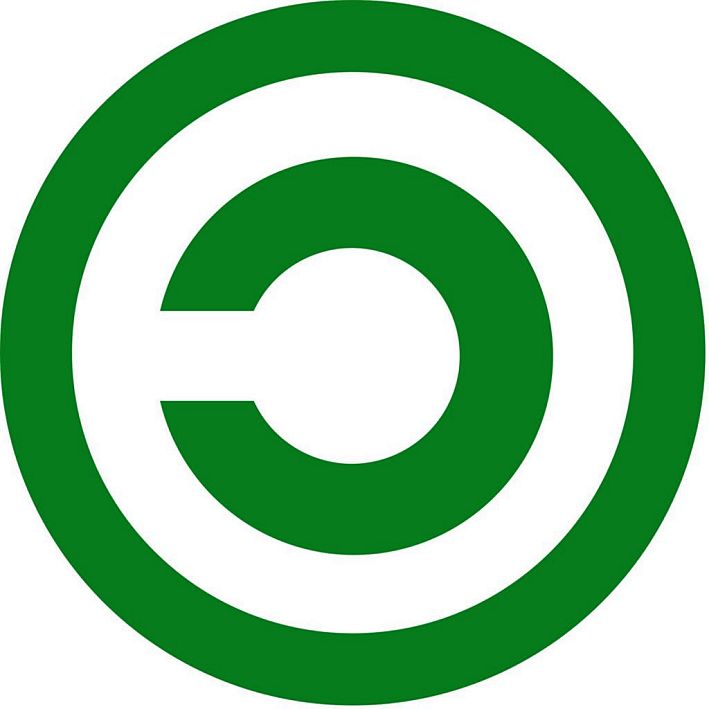
All quotations and aphorisms contained in this blog are the intellectual property of their respective authors and creators. We do not assert any claim of copyright for individual quotations and all use of quotations in this blog is done under the fair use copyright criterion. The full text material reproduced here is the result of various selections made by Carl William Brown and is therefore an entirely original work created by consultations of any kind of literary support. Therefore, in order to spread the creative thought, the magic power of words, the common sense of our species, the dialectic of criticism, the aesthetics of humor, and the culture of education everyone can create a collection of aphorisms or anthologies of short texts and different opinions, maybe not everyone can likewise write almost 10,000 original aphorisms and quotations as our author has done.
Carl William Brown
Copyleft Versus Copyright
Copyleft is a play on the word copyright to describe the practice of using copyright law to offer the right to distribute copies and modified versions of a work and requiring that the same rights be preserved in modified versions of the work. In other words, copyleft is a general method for making a program, or other work of art, completely free, and requiring all modified and extended versions of the program to be free as well.
In general, copyright law is used by an author to prohibit others from reproducing, adapting, or distributing copies of the author’s work. In contrast, under copyleft, an author may give every person who receives a copy of a work permission to reproduce, adapt or distribute it and require that any resulting copies or adaptations are also bound by the same policy and philosophy.
The GNU General Public License, originally written by Richard Stallman, was the first copyleft license to see extensive use, and continues to dominate the licensing of copylefted software. Creative Commons, a non-profit organization founded by Lawrence Lessig, provides a similar license called ShareAlike.

